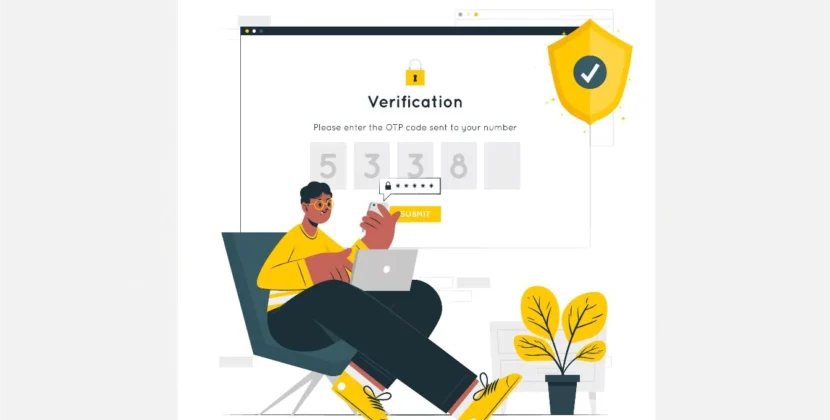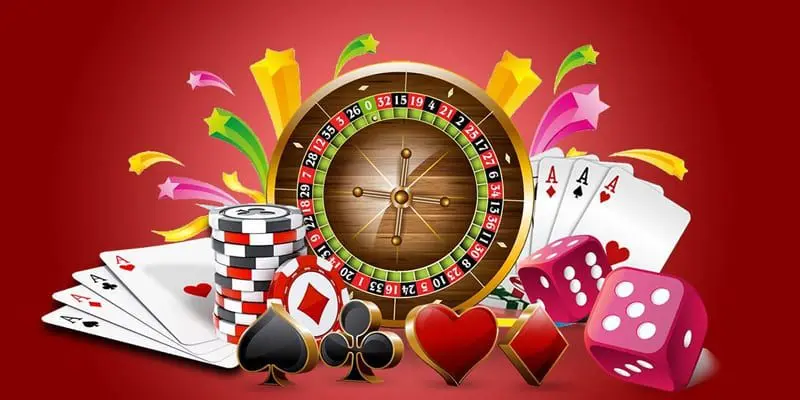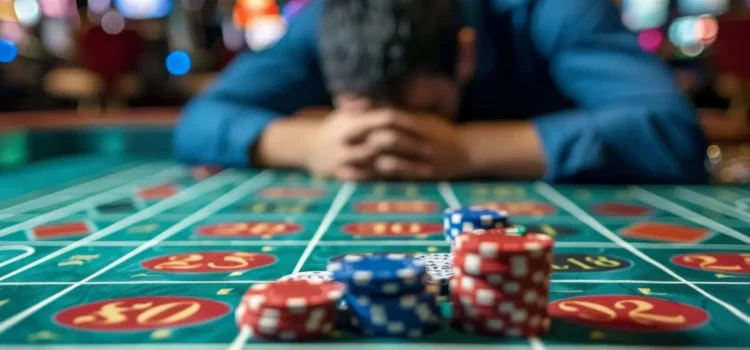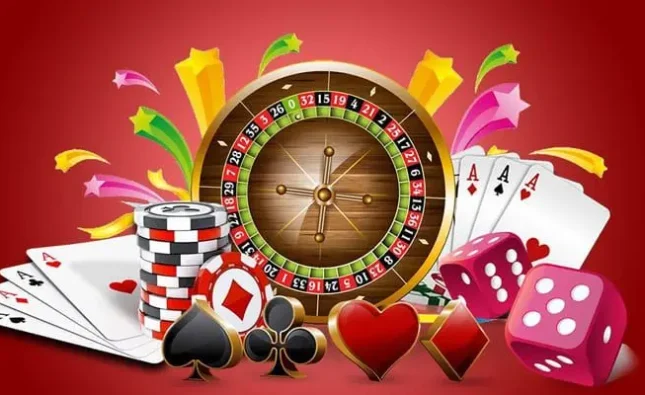
Find Balance in Your Life
Gambling can be an exhilarating experience for many, but it also has the potential to lead to significant challenges and life-altering consequences. If you or someone you care about is struggling with gambling-related issues, it is essential to understand that help is available and that taking steps to regain control is possible. This article will outline practical strategies for managing gambling habits, addressing emotional triggers, and exploring resources for support.
Understanding the Importance of Regaining Control
When gambling becomes a problem, it can impact various aspects of life, including finances, relationships, and mental health. The first step towards recovery is acknowledging the issue and understanding the importance of regaining control. Taking proactive measures to manage gambling behaviors can lead to a healthier, more balanced life.
Strategies for Change
Set Clear Goals
Setting both short-term and long-term goals can help you stay focused on your recovery journey. Clear objectives allow you to monitor your progress and serve as reminders of the positive changes you wish to achieve. Goals might include:
- Short-term goals: Reducing the amount of time spent gambling each week or limiting the amount of money used for gambling.
- Long-term goals: Becoming entirely free from gambling or using winnings responsibly if you choose to gamble recreationally.
Avoid High-Risk Situations
Identifying and avoiding situations that may trigger the urge to gamble is crucial for maintaining control. High-risk situations may include:
- Using credit cards or loans: The convenience of credit can make it easier to gamble beyond your means. Limit or remove access to credit cards when possible.
- Carrying large amounts of cash: Keeping cash on hand can tempt you to make impulsive bets. Opt for smaller amounts of cash, if necessary.
- Using gambling venues for socializing: Avoiding environments where gambling occurs can help you break the association between socializing and gambling.
Talk About Your Gambling
Opening up about your gambling struggles can significantly relieve emotional stress. Discuss your experiences with a trusted family member, friend, or professional counselor who won’t judge you. Sharing your feelings can help you process your emotions and create a plan for recovery.
Find Alternatives to Gambling
Two major factors that often contribute to continued gambling are social isolation and a lack of leisure activities. When you stop gambling, it’s essential to fill the void with new, exciting hobbies and social connections. Consider exploring:
- New hobbies: Try activities like sports, arts and crafts, or volunteering.
- Social groups: Join clubs or community organizations to meet new people and create support networks.
Self-Exclusion as a Powerful Tool
Self-exclusion is a voluntary program that allows individuals to ban themselves from gambling venues or online platforms. This option is available across many jurisdictions, including Australia. Self-exclusion can provide a crucial break from gambling environments and help you avoid temptations.
Steps to Self-Exclusion
- Identify the venues: Make a list of the casinos, clubs, or online gambling sites you frequent.
- Contact the venues: Reach out to the establishments to initiate the self-exclusion process. Many organizations have dedicated resources to assist individuals.
- Consider multiple platforms: Ensure that you self-exclude from all gambling outlets to prevent relapse.
Seeking Support Through Gambler’s Help
Gambler’s Help is a free and confidential service that supports individuals experiencing gambling harm. This program assists not only the gamblers but also their family and friends. If you are struggling, reaching out to Gambler’s Help can be a vital step towards recovery.
Acknowledge and Address Lying
Lying about gambling habits can compound the problem, leading to deeper debt and emotional distress. It’s common for individuals to try to gamble their way out of debt, perpetuating a cycle of guilt and shame.
Strategies to Combat Lying
- Be honest with yourself: Reflect on your gambling habits without self-deception. Acknowledge the impact of gambling on your life.
- Talk to someone: Confide in a trusted individual about your gambling. Sharing your truth can lighten your emotional burden and motivate you to create a recovery plan.
- Create a recovery plan: Develop a thoughtful plan for recovery that includes concrete steps for managing your finances and gambling urges.
Relaxation and Self-Care
Quitting gambling can lead to feelings of tension and irritability, especially if you’ve dedicated significant time to it. Learning how to relax and manage stress is crucial for maintaining your goals. Consider the following relaxation techniques:
- Muscle relaxation training: Practice techniques to relieve muscle tension and promote overall relaxation.
- Physical activity: Engaging in regular exercise can enhance your mood and provide a positive outlet for stress.
- Mindfulness practices: Explore yoga, meditation, or deep breathing exercises to calm your mind and body.
Preparing for Potential Lapses
Experiencing a lapse—gambling again after committing to stop—can be disheartening. However, it’s essential to understand that this does not signify failure. Instead, it can be an opportunity to learn more about your triggers and refine your strategies.
Steps to Take After a Lapse
- Reflect on the experience: Analyze the circumstances surrounding your lapse. What emotions or situations led to your decision to gamble again?
- Identify triggers: Recognize patterns that may contribute to urges to gamble. Understanding these triggers can help you prepare for future challenges.
- Revisit your plan: Adjust your recovery plan based on your reflections. What strategies worked, and what can be improved?
Coping with Urges to Gamble
When the urge to gamble arises, having a strategy to cope can be invaluable. Here are some techniques to consider:
- Reach out for support: Contact a trusted friend or support person to discuss your feelings and regain focus.
- Keep a gambling diary: Document your thoughts and feelings related to gambling. Analyzing your patterns can help you recognize triggers and successes.
- Control your cash flow: Limit your access to cash and credit to reduce impulsive gambling decisions.
- Engage in alternative activities: Fill your time with new hobbies, exercise, or socializing to occupy your mind and divert attention away from gambling.
Conclusion
Regaining control over gambling requires dedication, self-reflection, and support. By implementing practical strategies, seeking help, and focusing on personal well-being, you can navigate the challenges associated with gambling and create a healthier, more balanced life. Remember, you are not alone in this journey—many resources and support networks are available to guide you toward recovery. Embrace the opportunity for change and take the first steps toward a brighter future.












